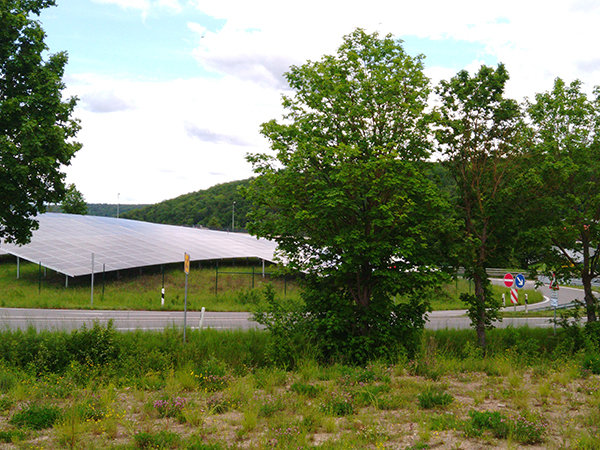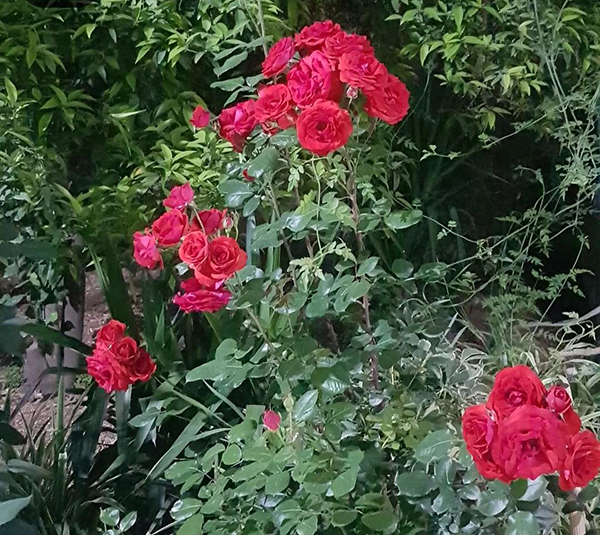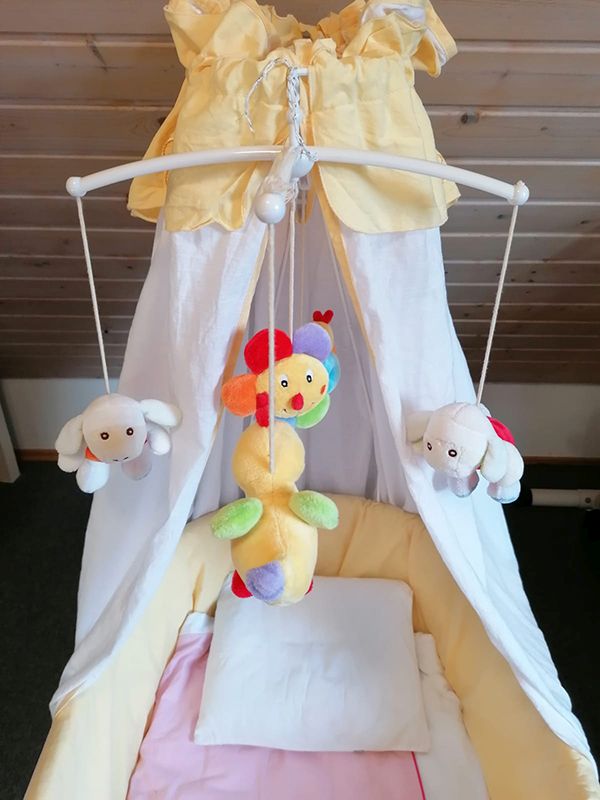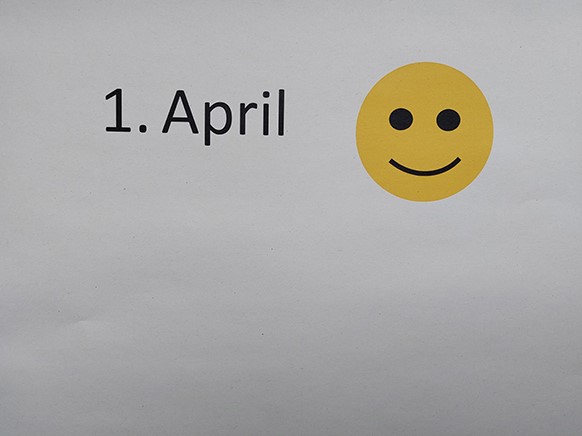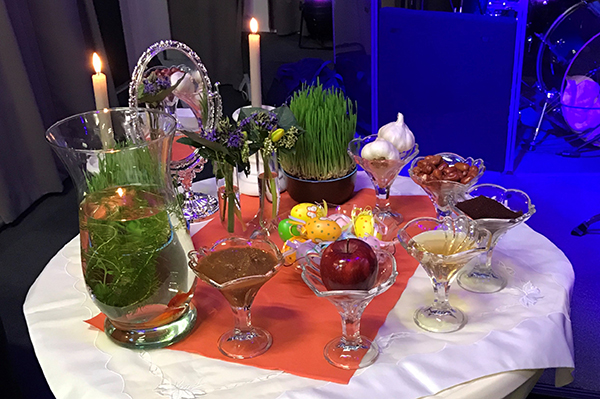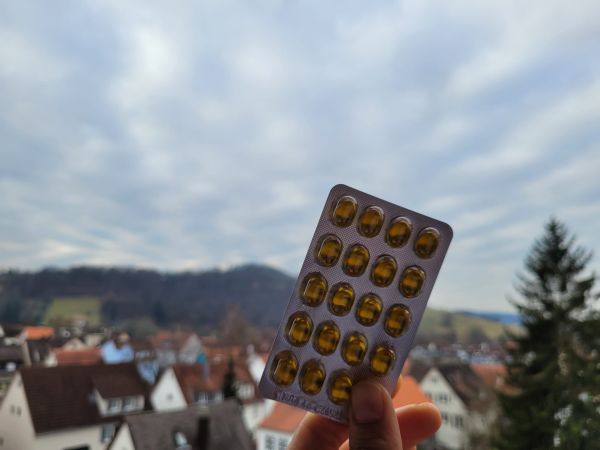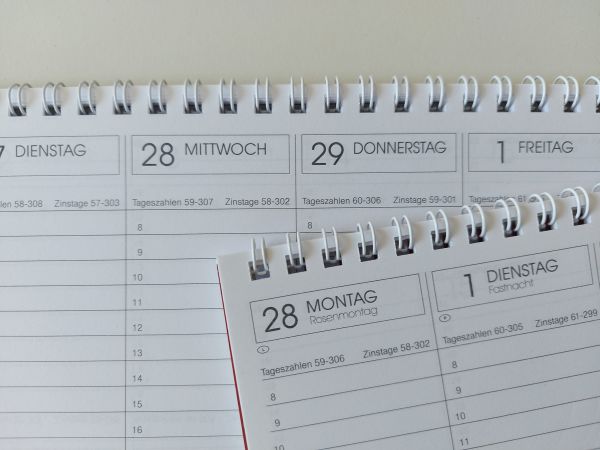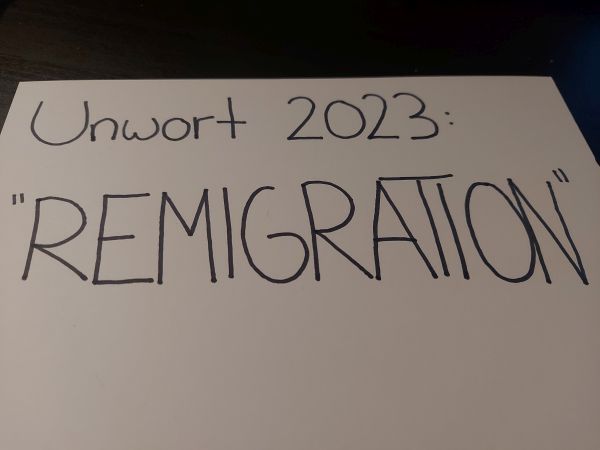The “Tübingen ears” are solar panels installed on open spaces that convert solar energy into electricity. Two of them are already located on the slip road of the B27 motorway near Lustnau. The third, the Traufwiesen solar park, is currently still under construction. By the summer, 15,000 photovoltaic modules will be installed along the B27 motorway in the direction of Stuttgart. They are expected to generate 8,800 megawatt hours of electricity per year—as much as 1955 families of four would consume in the same period. This is reported by the Tübingen municipal utility, which is building the plant in cooperation… Read More
Category: Diverse
Damascus: the home of roses, iris and jasmine
By Oula Mahfouz When the old Damascus house is mentioned, an image of a place filled with the scent of flowers, especially jasmine, iris and Damascus roses, immediately comes to mind. The origin of the Damascus rose is disputed, but it spread from Damascus all over the world and took its name from this city. Poets and writers have sung its praises and it has been mentioned in legends. It first spread in Europe. Drawings of the rose can still be found on the tiles of the Alhambra in Granada in Andalusia. Abd al-Rahman al-Dakhil brought it from Damascus. He… Read More
Damaskus: die Heimat von Rosen, Iris und Jasmin
Von Oula Mahfouz Wenn vom alten Damaszener Haus die Rede ist, entsteht sofort ein Bild eines Ortes, der von dem Duft von Blumen, besonders Jasmin, Iris und Damaszener Rosen, erfüllt ist. Der Ursprung der Damaszener Rose ist umstritten, doch verbreitete sie sich von Damaskus aus in alle Welt und bekam von dieser Stadt ihren Namen. Dichter und Schriftsteller haben sie besungen, und sie wurde in Legenden erwähnt. Zunächst verbreitete sie sich in Europa. Zeichnungen der Rose finden sich immer noch auf den Fliesen der Alhambra in Granada in Andalusien. Abd al-Rahman al-Dakhil brachte sie aus Damaskus. Er brachte auch Oliven,… Read More
How baby songs become language
By Michael Seifert All newborns could learn any complex spoken language in the world. However, cultural differences are already apparent in the first sounds that babies make. This is proven by the long-standing research findings of Professor Kathleen Wermke from the University of Würzburg, which she recently summarised in the book “Babygesänge. How crying becomes speech”. The head of the Centre for Pre-Linguistic Development and Developmental Disorders and her team have observed, for example, that French babies actually cry with an accent. Their melody line runs from low to high, while babies of German-speaking mothers cry with a falling melody,… Read More
“April, April”
Always on April 1, people in Germany make an effort to “send other fellow human beings into April.” They tell or write then invented story or fantasy information to mislead the listeners or readers. These so-called April Fools’ Day hoaxes occur in the office, in the family, at school, but also in newspapers or on the news. The hoax is usually resolved with a shout of “April Fool’s Day.” There is no clear reason for the April Fool’s joke and why it falls on April 1. What is clear, however, is the fun associated with these April Fools’ Day pranks.… Read More
Nouruz is twice in Ramadan
Nouruz marks the start of the new year in Iran and Afghanistan. It is always a big celebration. But this year and in 2025, things are different. The reason: New Year’s Day on March 20 falls during the fasting month of Ramadan, which this year lasts from the evening of March 10 to the evening of April 9. Ramadan shifts by ten to 12 days every year according to the Islamic lunar calendar with only 354 days from the perspective of the solar calendar. Muslims are not allowed to eat or drink anything between sunrise and sunset during Ramadan. All… Read More
How hijab and niqab affect the absorption of vitamin D
By Oula Mahfouz and Arne Schick1 Vitamin D is a crucial nutrient for the formation and maintenance of healthy bones as it regulates the absorption of calcium, the main component of bones. It also influences numerous functions in the body’s cells that, for example, inhibit inflammation, protect against cell damage or support the immune system, muscle function and brain cell activity. Natural sources of vitamin D are limited, but we can absorb it from fatty fish or through the conversion of chemical substances in the skin under direct sunlight. The amount of vitamin D produced depends on several factors, including… Read More
Why February 29 exists
By Bright Igbinovia and Ute Kaiser Sabine turns 18 on February 29—even though she was born in 1952 and is actually 72 years old. How can that be? Sabine was born on a leap day—like around 5 million people worldwide, including around 55,000 in Germany. What is a leap day? This extra day is added to the month of February during a leap year. This year, February has 29 days instead of 28 and the leap year has a total of 366 days instead of 365. The starting point was the Julian calendar from 45 BC. This solar calendar was… Read More
Narri-Narro: about the origins of carnival
By Oula Mahfouz Whether it’s Fasnet, Fasching or Carnival: the jesters are ready for their most important days of the year. The highlight of the carnival season begins on “schmotziger Donnerstag”. This year it is on February 8. In the days that follow, there are parades, children dress up and paint their faces, and some adults also hide their faces behind scary masks and slip into colorful costumes. On Ash Wednesday, February 14, it’s all over. The biggest parade in the region takes place on Sunday, February 11 in Rottenburg. The carnival tradition is firmly anchored in the Christian calendar… Read More
Jury chooses “remigration” as the Unword 2023
By Ute Kaiser “Remigration” means return migration. In migration research, it is mainly used to describe voluntary return. However, it is now used by right-wing parties (such as the AfD) and right-wing and far-right movements (such as the Identitarian Movement) to disguise their real intentions: the forced expulsion or even mass deportation of people “with supposedly the wrong skin colour or origin, even if they are German citizens”. This is how a jury member of the “Unword of the Year” campaign described why they chose the right-wing campaign term “remigration” as the Unword of 2023. In German, terms or phrases… Read More

